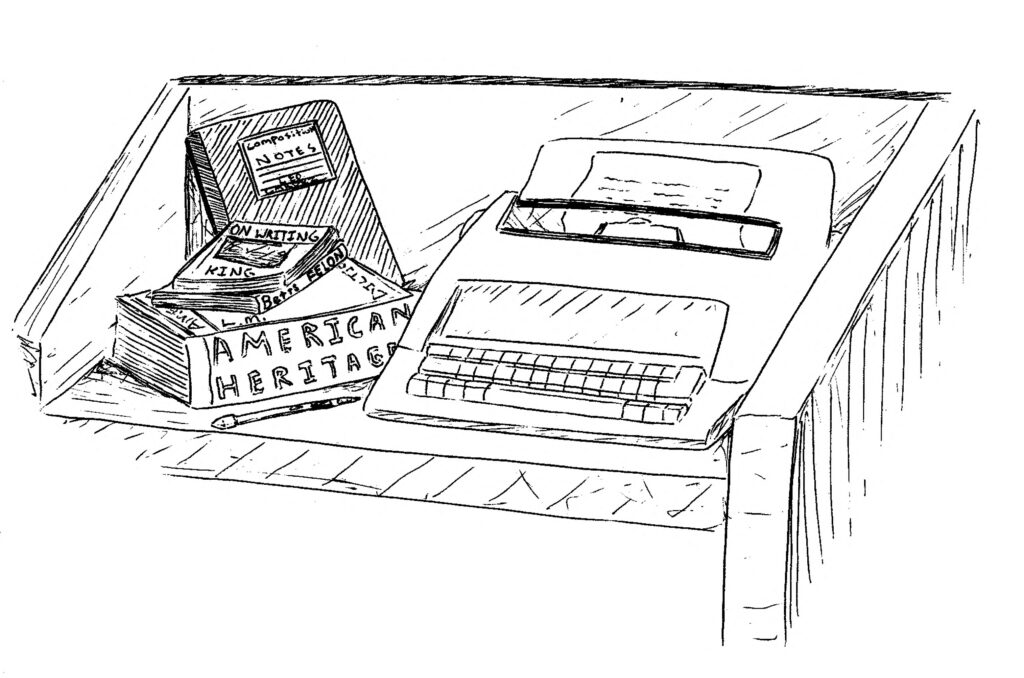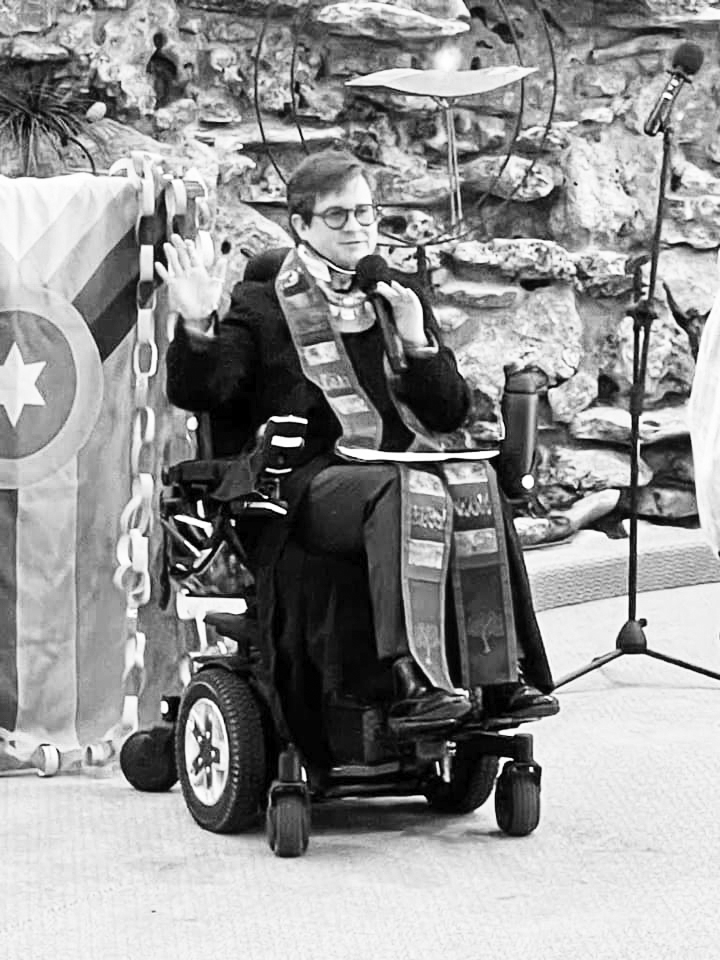In a world marked by imperfections and the passage of time, the concept of repair takes on a profound significance. Repair is not merely about fixing broken objects or restoring functionality; it extends to healing relationships, bridging divides, and nurturing our connection with the world around us.
Repair, at its heart, embodies the essence of compassion, forgiveness, and growth. It’s not about sweeping problems under the rug; it’s about facing them head-on, armed with the belief that even the most shattered connections can be healed.
For us, this sentiment resonates strongly with our belief in the inherent worth and dignity of every person. This principle reminds us that every individual, no matter their background or circumstances, deserves respect and the opportunity to rebuild what might be broken.
Rooted in the Unitarian Universalist values, the idea of repair is not just a practical necessity but a spiritual calling that encourages us to cultivate compassion, empathy, and a commitment to justice.
Not too long ago, I was harmed inadvertently. My first instinct was to run, to put as much distance between myself and the people causing the harm. I’d never been in a position where repair was on the table, much less the next step in a relationship. Over time, I received apologies that were sincere and full of ownership and a change in policy and rules to make sure no one else would have to endure the same harm in the same way. I didn’t have to do or ask for any of these things, they did it on their own. As time went on, I realized they not only meant it, but they were eager to repair the relationship.
It’s up to me to accept when I’m ready. I share this live story because this is not the normal outcome. It is more often the case that harm is met with gaslighting, anger, or even outright denial. This incident showed me that there could be another way. Mistakes and harm, intentional or not, could lead to stronger relationships. I can’t predict the future to know if this will lead to lasting relationships that survive this ‘ouch’ but I can accept their apologies and allow repair with grace.
Communities can heal and thrive through repair. In a world filled with divisiveness, UUs stand as advocates for unity and harmony. Repairing the bonds that hold communities together exemplifies the transformative power of commitment to growth, both individually and collectively.
Repair is inherently tied to justice and equity. It involves acknowledging historical injustices, working to rectify them, and ensuring that compassion and empathy guide our interactions with others.
In the warm embrace of Unitarian Universalist values, the concept of repair takes on a transformative meaning. It becomes a guiding light, illuminating the path toward justice, compassion, and interconnectedness. Repairing brokenness, be it in relationships, communities, or the environment, aligns harmoniously with the principles that Unitarian Universalists hold dear. As we navigate the complexities of our world, may we draw inspiration from these values and strive to be agents of repair, fostering healing, understanding, and unity in all that we do.
Scars
JeKaren Olaoya
from All the Pieces Fit
Scars
Are proof that
Life has moved forward
Has either hurt
Or healed
Changed
There is strength there
In the space between
Where the skin
Knits itself together
The power of what
We can’t see easily
Gives us strength
We didn’t know we had
There is beauty there
Where the healing happens
It seems angry like fire
But it is life
Eager to be repaired
There is no brokenness
Though fragile
Our skin is strong enough
To break only under
Extreme pressure
And we are mostly ok
After
Scars don’t take away from
Or make us less
It’s ok to be afraid
To show them
But know
You will always be
Worthy
And free to be
Whole
No matter how many scars
Grace your body
In service to who you are

